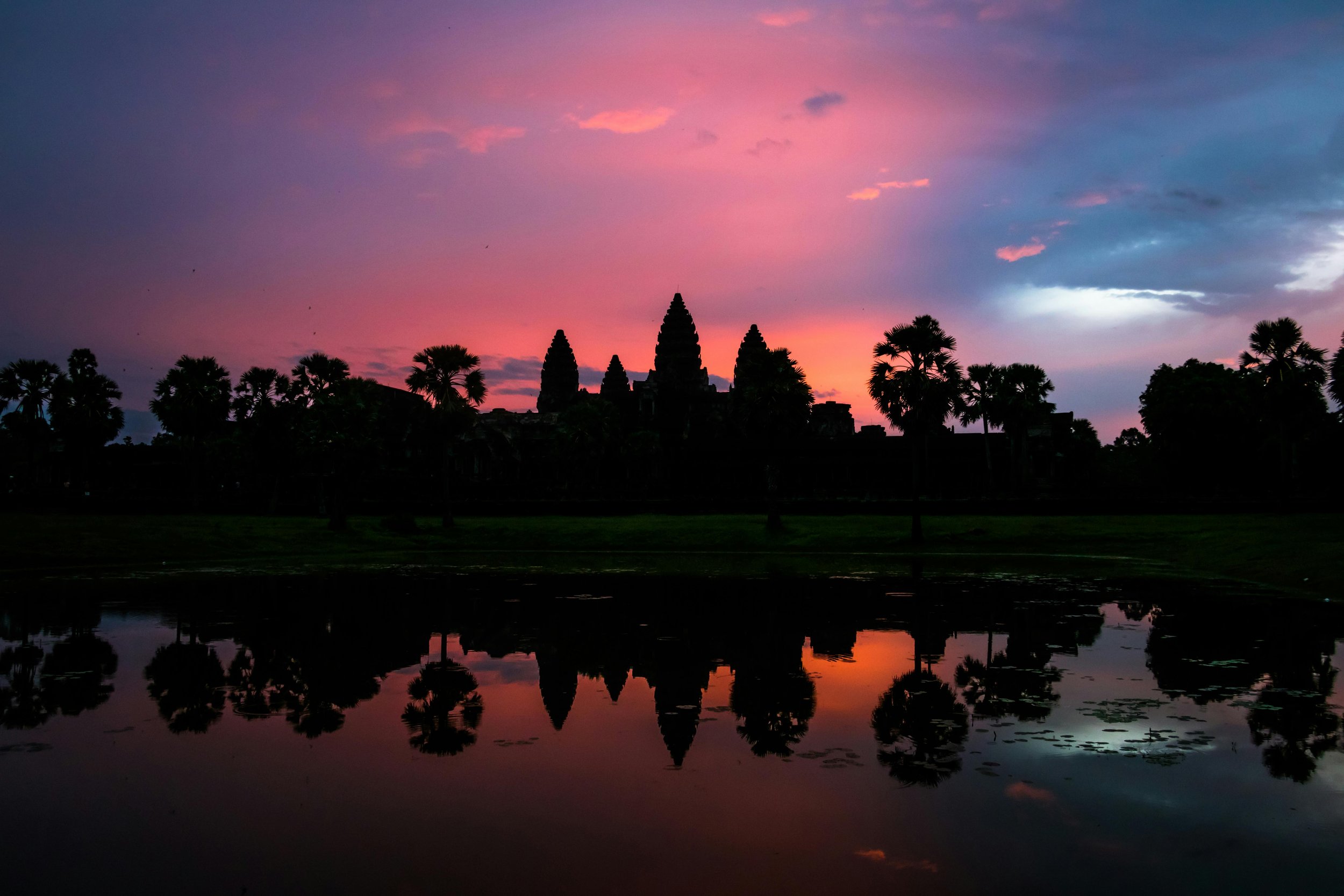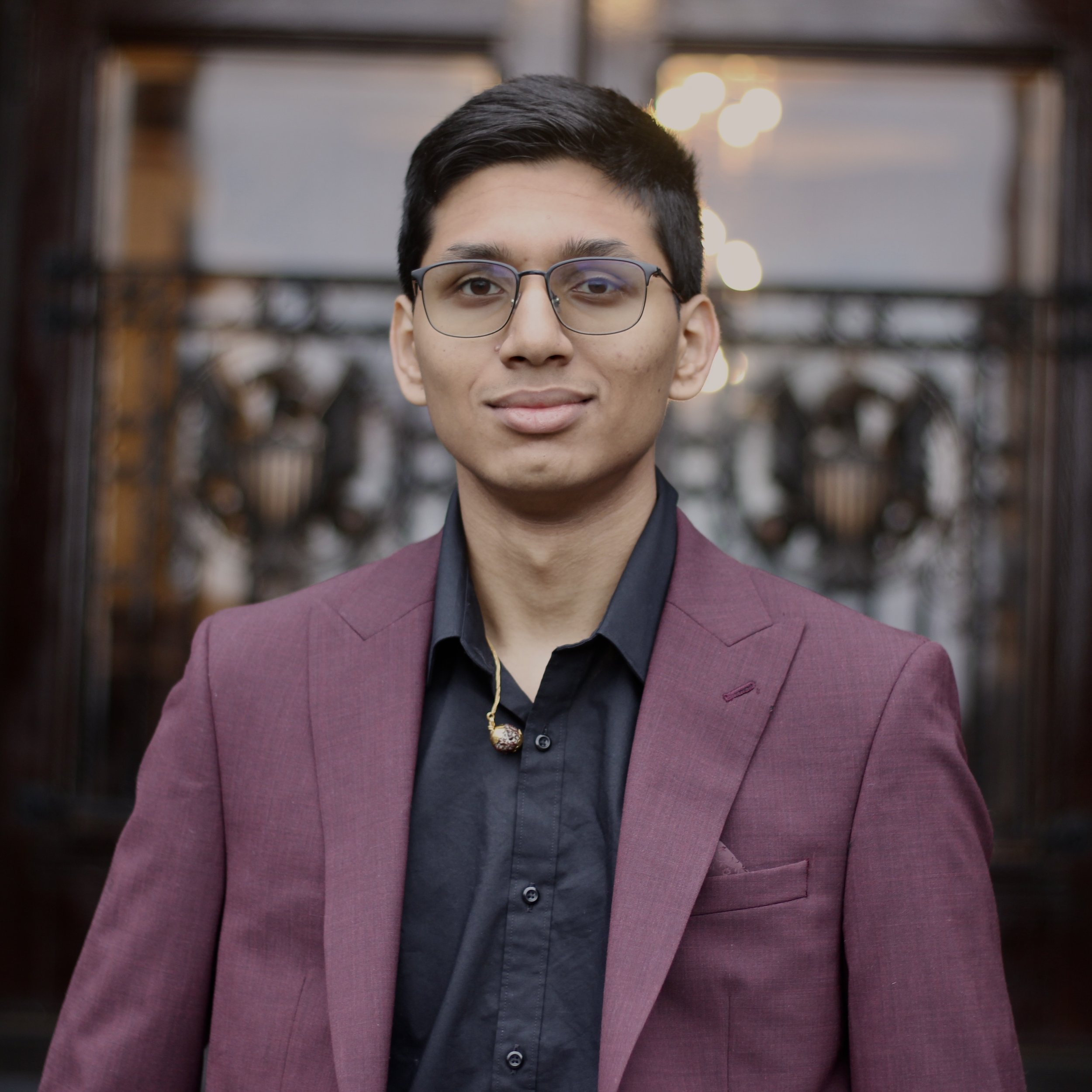
It's a Phnom-inomenon: The United Nations Security Council, Cambodian Reconstruction, 1989
In 1972, NCSC was founded as the National Collegiate Security Council, a one-committee invitational conference centered solely around the UN Security Council—the first ever committee of its type on the collegiate Model UN circuit. Now, 53 years later, NCSC LIII is excited to continue our flagship time-old tradition and run the best advanced hybrid yet.
The year is 1989. A decade has passed since Vietnamese forces entered Cambodia and toppled the Khmer Rouge, bringing an end to one of the most horrific genocides of the 20th century. But stability remains elusive—Cambodia’s economy, infrastructure, and population have been devastated by years of fighting. Land mines have made rural areas deadly, guerrilla warfare continues along the Thai-Cambodia border, and Vietnamese troops, backed by the Soviet Union, still occupy Cambodian territory. Meanwhile, a coalition of Khmer Rouge loyalists—known as the Coalition Government of Democratic Kampuchea (CGDK)—are fighting to reclaim power from the Vietnamese-backed People’s Republic of Kampuchea (PRK) in Phnom Penh. Tensions are rising—fast.
Now, as Vietnam announces its plans to withdraw troops, the United Nations Security Council has been called to respond to this crisis. China, the United States, and ASEAN nations support the CGDK, despite its links to the Khmer Rouge, aiming to push back against Soviet influence in the region. On the other side, the Soviet Union continues to back Vietnam and the PRK, locking the conflict into the broader framework of Cold War rivalry.
As delegates to the UNSC, your mission is threefold: to ensure a peaceful withdrawal of Vietnamese forces, provide a structure for the Cambodian people to rebuild their homeland, and reconcile the years of atrocities committed by Pol Pot’s Khmer Rouge. Will diplomacy and peace prevail, or will fear and factions plunge Cambodia back into chaos? The fate of Cambodia lies in your hands, delegates.
This is an advanced committee. Awards in this committee will be given a 1.25 weighting when calculating delegation awards.
Chair:
Anna Kelly
-
Anna Kelly is a member of the class of 2027, majoring in Government and minoring in Computer Science in the College of Arts and Sciences. She grew up in a small town in Massachusetts called Scituate, where she loves going to the beach, seeing her friends and family, and eating lots of seafood. Back at Georgetown, Anna is the Deputy of Internal Affairs for the competitive Model UN team (GUMUN), a former Under-Secretary-General for NCSC, and a chronic staffer for all of Georgetown’s MUN conferences. Outside of Model UN, Anna is the President of the Georgetown University Space Initiative (GUSI), where she loves researching and writing about aerospace security. Feel free to ask her about anything space-related, but be warned: Anna may not stop talking about it! In her admittedly limited free time, Anna loves trying new happy hour restaurants, distracting her friends at the library, and whatever weekly activity she has decided to fixate on (currently, tennis). Anna is super excited to be your chair for the UNSC, and she can’t wait to see you all this October!
CRisis Manager:
Michelle Giovinazzo
-
Michelle Giovinazzo is a member of the class of 2027 double majoring in Computer Science, Ethics, and Society and Economics with a minor in Spanish. She grew up in the San Francisco Bay Area, and is a firm believer in “west coast best coast.” She works as a research assistant, mobile game developer, and AI trainer, but somehow still has plenty of free time to be obsessed with many things, notably the Hunger Games, bubble tea, social deception games, and (tragically) Model UN. She served as the Under-Secretary-General of Joint-Crisis Committees at NCSC LII and as Deputy of External Affairs for team GUMUN. Michelle looks forward to seeing all the crazy arcs you cook up!
USG: Sanjay Rajesh
This committee is in the Councils Organ, and your Under-Secretary-General is Sanjay Rajesh. Committees in this organ are councils crises with 22-30 delegates.
If you have any questions about your committee, please reach out to s.rajesh@modelun.org.



